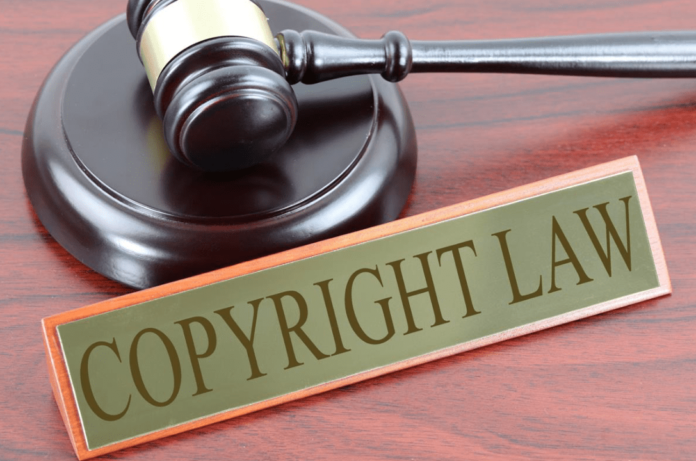Copyright is the intellectual property of every individual who creates their original work. Following is the work which comes under copyright law and contains authorship of originality.
- Paintings
- Films
- Songs
- Poems
- Music
- Illustration
- Books
- Blogs
- Plays
Any work which is created independently without copying from other sources is protected under copyright laws. It protects the expression of work, ideas, discoveries, principles, concepts, and so on. However, one who creates independent conceptional work has the authority to save his work according to his desires.
Fixing your work at some resources may help to protect your authorities from the initial concept. For instance; capturing or recording your independent idea fixes your right on it forever. Fixing work also helps as evidence for you in any case of allegations of copying it and how to copyright a logo?
Everybody is an author and owner of his/her content. Once you created your work and fixed it you own its authorship. One more thing to keep in mind, companies, and organizations can claim their ownership as well. It comes under an agreement if you are an employee. You are hired to create a conceptual work you have to share the authorship of your creation.
Laws of Copyrights
Did you know that every work you create is protected under the United States’ laws for copyright? Following are the laws for copyrights,
- Under the law of copyright, every work which has no duplication has authorship.
- Furthermore, if workers need to be copyrighted it must contain a tangible form of expression
- Music records, any discoveries, writings, paintings, or any other independent work must be physically written to get protection by copyright law
- In the United States, the copyright for the owner has 70 years of protection after his death.
- If the owner’s copyright work is corporation material it has a shorter time of protection.
- Laws of copyrights varies in the states
In the United States under the Copyright Act, the concerned department kept the record of copyrights with proper documentation. Three major documents are needed to be submitted for records.
- Copyright transfer ownership
- Documents about a copyright
- Notices of termination
Statue License of Copyright
Statue license of copyright refers to the limitation of protection under Copyright Act law. This statue is related to the music industry. Certain uses of music compositions, sound recording, and satellite programming will find under music laws.
How to Copyright a Logo?
If you are building a company, organization, writing a book, or anything which requires a logo is a bit fragile. The logo is your identification which must be protected. The first thing which attracts the customer is the logo. The best of them is one which stays in mind forever. Despite the fact of making your logo unique it must have your copyright as well. Whenever you create independent work, you automatically become its owner.
Below are steps to knowing how to file a copyright application;
- Prepared raw files of your original logo design.
- Open US copyright website to register your application
- Prepare your debit cards as well because registration requires an online fee.
- Do follow the deposit instruction of copyright.
- After completing the application form. Wait for your verified certificate to arrive.
Although the above procedure involved online emailing factors. You can also apply for copyright application via mailing the copies of your printed form on postal address. On the other hand, your logo submission may require some important details so you may send it via email. For more quick response in a cheaper way consideration of emailing would be the best option.
However, a logo defines completely your authorship but registration for copyright may help a lot if you are working at the market level. Registered copyright facilitates the official marking of your identity. For instance; if somebody tries to steal your logo and claims that they are the original creators, these registered copies will defend you and prevent you from spending your money and time on attorney and court. It will work for you as evidence of your independent work if there is any lawsuit happens.
Rights You Reserve
After creating an intellectual piece of work and owns its copyright, the following are the rights you reserve for your property;
- Producing copies
Copyrights rights allow you to make copies of your work.
- Apply changes
If you want to make any changes to your initial work, you are allowed to make it.
- Giving out
Distribution of your work is allowed. You can sell your work anytime to anyone you want.
- Work performance
If you have written a book, you are allowed to read it out at library events. Or if you have written a play you are allowed to perform in theaters.
- Your work portrayal
You are allowed to portray your artwork in galleries.
In addition, a conclusion of copyrights speaks about the legal authorities towards your intellectual work.






















